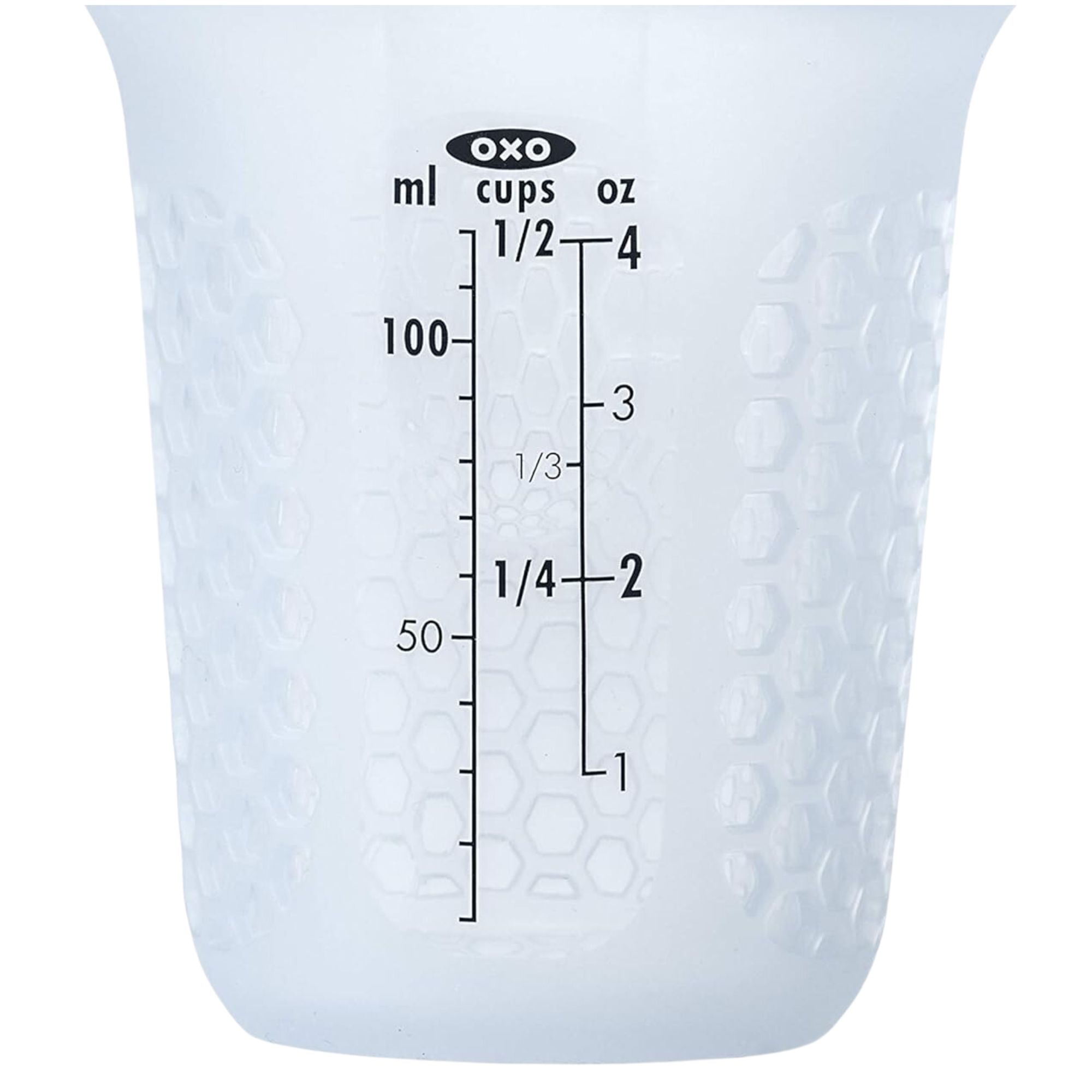How to Wash, Dry, and Care for Bed Linen – The Homes & Gardens Ultimate Guide
Achieve a soft, sumptuous, and sanitary sleep space with our easy-to-action expert advice


Design expertise in your inbox – from inspiring decorating ideas and beautiful celebrity homes to practical gardening advice and shopping round-ups.
You are now subscribed
Your newsletter sign-up was successful
Want to add more newsletters?

Twice a week
Homes&Gardens
The ultimate interior design resource from the world's leading experts - discover inspiring decorating ideas, color scheming know-how, garden inspiration and shopping expertise.

Once a week
In The Loop from Next In Design
Members of the Next in Design Circle will receive In the Loop, our weekly email filled with trade news, names to know and spotlight moments. Together we’re building a brighter design future.

Twice a week
Cucina
Whether you’re passionate about hosting exquisite dinners, experimenting with culinary trends, or perfecting your kitchen's design with timeless elegance and innovative functionality, this newsletter is here to inspire
You snuggle down in it every night, so washing, drying, and caring for your bed linen correctly is crucial, not just for sanitation, but to ensure the longevity of your favorite items.
Here's our ultimate Homes & Gardens guide packed with expert advice on how to keep your best bed sheets feeling as cozy and comfortable as the day you bought them, for years to come.
How to Wash Bed Sheets Without Ruining Them
Your bed is one of the most important spots in your home, and knowing how to wash your bed sheets correctly and preventing any bedding mistakes will make slipping under freshly laundered sheets one of life's simplest, yet most rewarding, pleasures.
Luckily, most bed sheets can go straight in the washer, but it's certainly worth taking the time to get to know useful laundry tips, such as the most appropriate cycle and heat settings for each material – be it cotton, silk, satin, or bamboo.
Don't forget that the majority of us should be washing our sheets every one to two weeks, but if you share your bed with a partner, pets, little ones, or are a particularly hot sleeper, you may need to increase this frequency accordingly. This may also vary from one season to the next.
Here's how to get the job done properly. These steps refer to cotton bedsheets, but there's specific insight for bamboo, silk, and more:
- Check the care label: First, check the laundry symbols on your sheets to ensure you follow any specific instructions for the fabric type.
- Pre-treat stains: Next, check bed sheets for stubborn stains as they’re best tackled pre-wash. For stains like sweat or body oils, use a pre-treatment spray such as Shout Active Enzyme Laundry Stain Remover Spray available at Amazon, or OxiClean Max Force Laundry Stain Remover Spray available at Walmart, and let it sit for five minutes before washing. If you prefer not to use chemicals or suffer from allergies that prevent you from doing so, you can also try cleaning with baking soda. Mix it with water to form a thick paste before applying it to the dampened, stained area. Let the mixture dry until flaky before brushing off any excess and popping your bed linen in the wash.
- Load the washing machine: Once stains have been pre-treated, your bed sheets will be ready to load into the washer, provided they're washing machine safe. Make sure not to overload the appliance, and, where possible, wash your bed sheets alone, as it's best not to wash clothes and bedding together, nor bedding and towels. It's also best to turn your bedding inside out before washing, to protect the fibers, color, and texture. If your sheets aren't suitable for your best washing machine, they will need to be hand-washed, following the same principles as when you hand-wash clothes.
- Choose the right detergent: Next, it's important to choose the right detergent – and to add the right amount. Non-bio detergents, such as the Tide Free & Gentle Liquid Laundry Detergent available at Amazon, tend to be the best choice, particularly for those with babies or allergies, and are generally capable of cleaning normal amounts of dirt. When washing your best white bed sheets, you may want to use bleach in laundry, but only if it's safe for the fabric. The amount of detergent you add is dependent on the size of the load. Always follow the guidance on the packaging with regards to recommended amounts, and where to place the detergent – in the drum or detergent dispenser drawer. Too much detergent can lead to excess water use and sludge build-up in your washer’s inner pipes, which can lead to damage. Less is always more. Just like when you’re washing towels, skip the fabric softener as it can reduce the absorbency of natural fibers and weaken the fabric, and always use silk-friendly detergent on silk sheets, as you should when washing a silk pillowcase.
- Set the temperature and spin speed: Then, you'll need to set the temperature of your machine cycle. Unlike cotton clothes, cotton bed sheets are best washed in hot water (90-130° Fahrenheit or 30-60° Centigrade), while best linen sheets will fare better in cold or lukewarm water (up to 85°F or 30°C), and, to wash silk sheets, always use cold water. In general, use a medium spin speed, but for delicate fabrics like silk, always opt for low.
When washing bamboo bedding, these same steps apply, but always wash cold, to protect the fibers from shrinkage and breakage, and air-dry where possible. If you must use a dryer, select a low heat setting and tumble dry on low before removing bedding promptly to avoid wrinkles.
Design expertise in your inbox – from inspiring decorating ideas and beautiful celebrity homes to practical gardening advice and shopping round-ups.
Then, only iron if necessary, and use a low heat setting. High heat can damage bamboo fibers.
The same rules apply for silk and linen bedding, although, for the former, you should also select a specialized detergent, such as the Heritage Park Silk & Wool All-Natural Laundry Detergent, available at Amazon, while, for the latter, you should never use bleach, even on white linen.
Alternatively, you can clean with oxygen bleach, a chlorine-free alternative that helps whiten whites and brighten brights without the risk of damaging the fibers or the color.
To wash fleece bedding, gently lint-roll it with the Scotch-Brite Everyday Clean Lint Roller available at Amazon, and remove stains, before selecting a cold, delicate cycle, and a specialized detergent, such as the Woolite Damage Defense Liquid Laundry Detergent.
If you're unsure how to wash Tencel bedding, pre-treat stains before washing with a gentle detergent on a cold cycle. A mesh laundry bag, available at Amazon, can also help protect Tencel garments during the wash cycle.
And finally, to wash viscose bedding, handwashing is the safest approach. Fill a basin with lukewarm or cool water, and add a small amount of mild detergent designed for delicate fabrics, before submerging and swirling the bed linen for about five minutes and rinsing with cold water.
If the care label indicates that machine washing is acceptable, use a gentle or delicate cycle. Place the viscose item in a mesh laundry bag to reduce friction with other garments, which can damage the fibers.
All prices were correct at the time of publication.
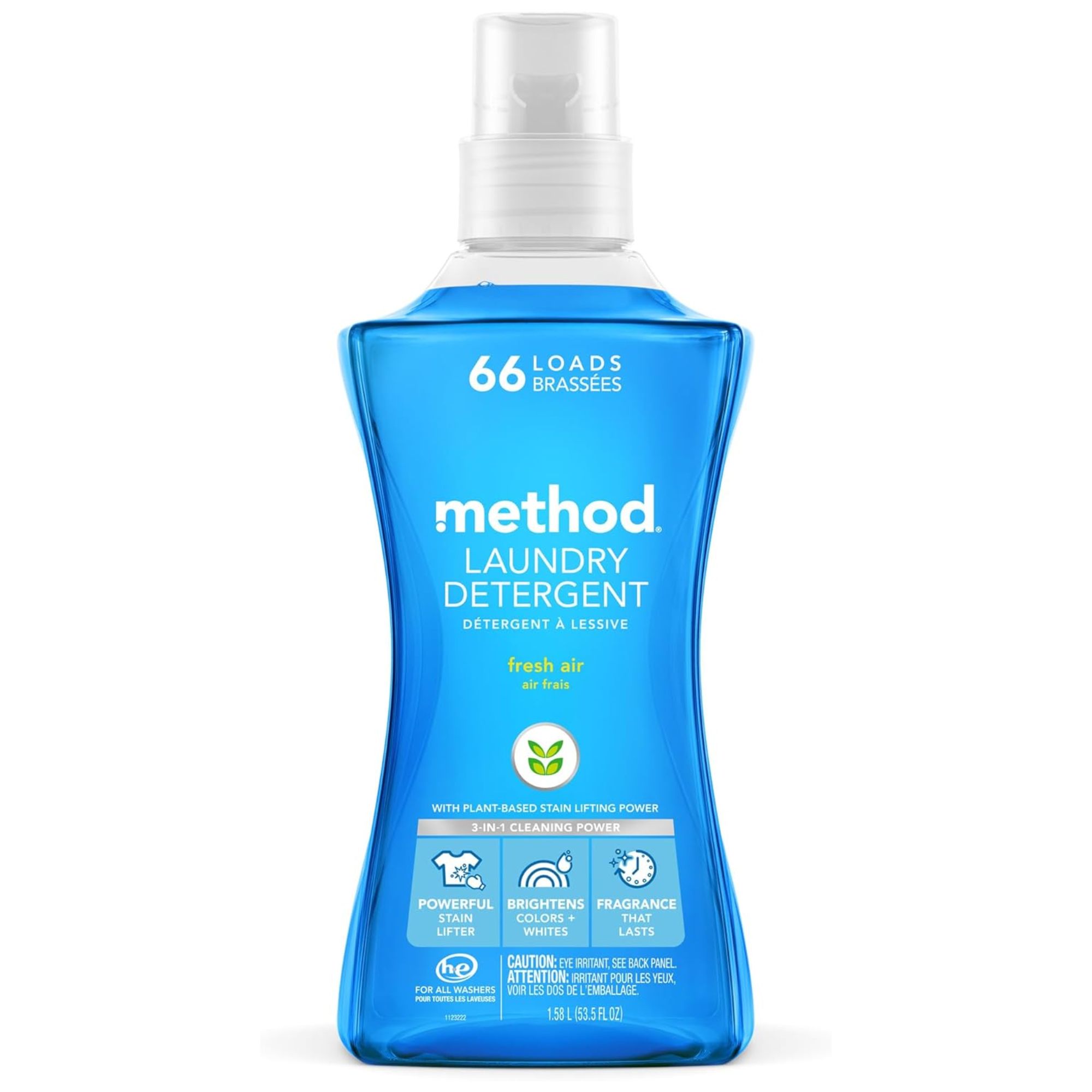
With 66 loads per bottle, this all-natural laundry detergent leaves clothes smelling of fresh air, to mimic the benefits of air-drying laundry.
How to Remove Discoloration from Bed Linen

Even the most stubborn of stains can be lifted.
Few things look as inviting as a freshly made bed with crisp, white sheets. Give it a few years of regular use, however, and lighter bedding might start to look a bit yellow.
Fear not! This discoloration is normal and usually a result of sweating or moisturizing before bed. They can still be unsightly, however, especially if they crop up on well-loved guest linens.
Here's how to remove them, to restore that fresh-sheet feeling without splurging on a new set:
- Wash with vinegar: When bedding discoloration and staining are mild, it is best to start off using natural remedies, such as using white vinegar in laundry to avoid damaging your bedding fibers with harsh chemicals. Pre-soak your bedding in warm water with half a cup of baking soda, before letting it sit for between two hours to overnight. Finish by washing on a warm, not hot, cycle with a cup of white vinegar, poured into the rinse tray of your detergent drawer. When removing yellowing from bed linen, you should never use hot water, as this can further set the stain.
- Use oxygen bleach: Oxygen bleach is a chlorine-free alternative to bleach that releases oxygen when exposed to water, helping to lift out stains and dirt. Mix half a cup of oxygen bleach with warm water and soak the bedding for several hours or overnight. Then, add one cup of white vinegar to the wash cycle and half a cup of baking soda to the drum before washing the sheets.
- Use enzyme-based detergents and pre-treat stains: As discoloration on bedding is often caused by organic compounds, you can enjoy great stain removal results with enzyme-based cleaners, such as the Nature’s Miracle Laundry Boost In-Wash Stain and Odor Remover available at Amazon. One of the golden rules of stain removal is to treat the stain as early as you can, using The Pink Stuff Stain Remover Spray available at Amazon.
- Soak the stain in glycerin: This cleaning tip is simple. Smother the stain in vegetable glycerin, available at Walmart, and let it sit for 15 minutes. Then, using a soft-bristled brush (or an old, clean toothbrush) dipped in warm water, scrub the stain. Repeat the process as needed until the bedding is white again.
- Dry bedding in the sun: After washing, dry the bedding in the sun, as natural sunlight helps brighten whites.
If you regularly change your hair color at home, you may also find yourself needing to know how to remove hair dye from bedding. Whilst it can be done, removing it isn't easy.
Hair dye that is semi-permanent or long-lasting sinks deep into fabrics and can be a pain to get out, especially if you’ve got cotton or linen sheets, which soak up everything.
Here are some tips on how to remove the stains, depending on how permanent and set in they are:
- Act quickly: Timing is important, and it increases the chances of a positive outcome the earlier you apply the treatment.
- Spot test and pre-treat the stain: Treat the stain with an appropriate-quality stain remover or a solution of warm water and an oxygen-based bleach substitute, like OxiClean Max Force Advanced Stain Remover Powder available at Walmart.
- Wash: After pre-treatment, you should wash the stained item in your washing machine using the maximum water temperature for the fabric. This will help soften the hair dye stain and, in the process, wash out the compounds. If this fails, then repeat the pre-treatment and washing steps on the stained area.
- Let air dry: If it’s possible, try to let it dry in the sunlight, as the sun can naturally help to bleach out any leftover traces of the stain.
All of these methods are also suitable for removing hair dye stains from clothes, too.
How to Make Rough Sheets Soft Again
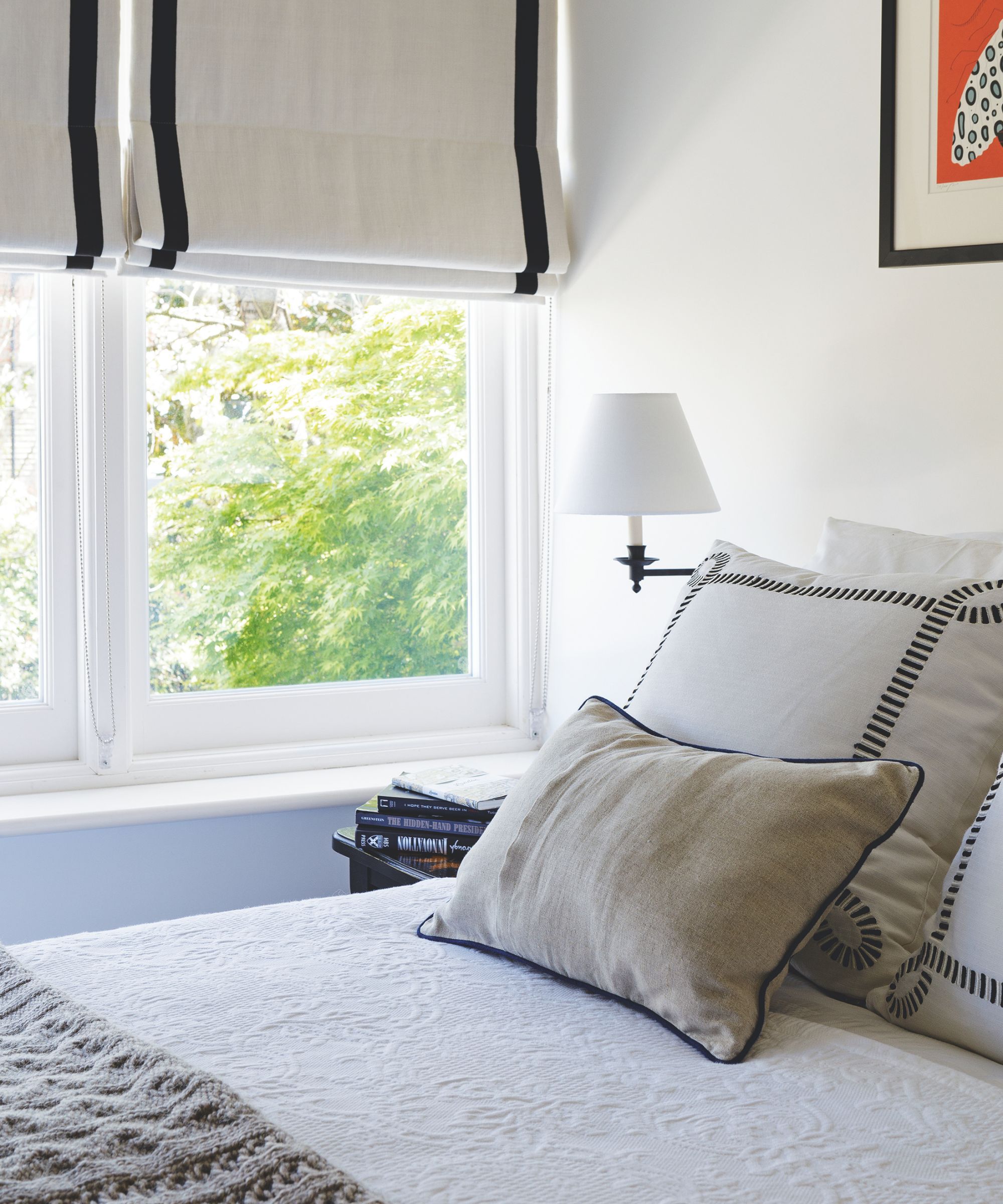
All is not lost if your bed linen feels rough and scratchy.
Whether your new sheets are stiff or, after a few washes, you notice your sheets are gradually losing their soft feel, using tried-and-test tactics to ensure they remain comfortable can improve your sleep and prevent skin irritation.
Here's what we suggest:
- Pre-soak: Dissolve around 1/2 cup (120 g) of baking soda in warm water and let your sheets soak in this solution for a couple of hours. Once the soak is done, wash them. They should come out of the washer feeling refreshed and soft. Then hang them out to dry.
- Use Epsom salts, available at Walmart: These relax the fibers. Pour around 1.5 ounces of Epsom salts into a tub of cold water, and mix thoroughly. Give your sheets a full night's soak, then rinse and hang to dry.
- Use baking soda and vinegar: Start by putting the stiff sheets into the washing machine, then add one cup of baking soda and 1/2 cup of vinegar to the machine. You don't need to use your regular laundry detergent. Then run the machine on a regular cycle with warm water, before air drying or putting them in the dryer on a gentle, low heat setting.
- Opt for a longer wash cycle: Sometimes, the reason your sheets may feel rough is insufficient washing time, which means your sheets have less time to agitate and soften up. If your sheets still feel rough after a regular wash cycle, try setting your washing machine for a longer cycle.
- Add wool dryer balls: These, such as the Evriholder 100% Wool Dryer Ball available at Walmart, help fluff up and separate fabrics, preventing stiffening.
- Use less detergent and softener: Be mindful of the amount of detergent or fabric softener you add to your laundry, and don’t overuse them.
- Invest in quality sheets: The best way to avoid rough sheets altogether is by investing in natural, quality sheets that will actually become softer over time. Lower-quality sheets, typically made with short-staple cotton fibers, tend to be rough and prone to pilling. Higher-quality sheets and the best luxury bed sheets made with long staple cotton fibers are generally softer and more durable. High-thread-count cotton sheets especially become softer with each wash.
How to Dry Bed Linen

Drying bed linen correctly is essential.
Sheets dried outside on a clothesline are hard to beat for freshness, especially on a warm summer’s day. This should ideally be done in the sun and breeze, either on a washing line or drying rack, such as the number one bestselling Amazon Basics Foldable Portable Laundry Drying Rack available at Amazon, but always turn colored sheets inside out to reduce the risk of colors fading in the sunlight.
Luckily, if the weather is bad, it’s possible to use your best clothes dryer to get the job done. Opt for a low heat setting, regardless of the fabric, and consider adding dryer balls, such as the New Zealand Wool Dryer Balls available at Target, which help dry bedding more quickly and efficiently, and agitate the fibers in your bed sheets, making them softer and cozier.
And, if you're drying silk bed sheets, always air-dry, as the short answer to ‘can silk go in the dryer’ or not is no, absolutely not.
For drying fleece bed linen, a cold setting on the tumble dryer is ideal as it will spin the item around, fluffing up the fabric and restoring its soft and cozy texture, while Tencel and viscose fabrics are best air dried to avoid damage and shrinkage.
If you need to dry bedding quickly in winter to avoid days of damp, we recommend:
- Use the 'three-hanger method': First, clip two corners of your bed linen to one hanger. Then, drape the middle part of the sheet over a second hanger to keep it off the floor, before clipping the other two corners to a third hanger. This means the sheet is evenly supported, gets plenty of air circulation, and dries faster than if it were just bunched up. As for pillowcases, you only need one hanger and two clips. Put them on the clothesline and separate properly, just so they have enough space.
- Keep load sizes smaller: Washing in a smaller load will help the washer spin out more moisture. This also makes it easier to dry in the dryer, even at a low setting, because there is less fabric to dry. You can also add an extra spin cycle to your wash to remove as much water as possible before drying.
- Use your drying rack strategically: Including an indoor drying rack in your laundry room ideas is the obvious way to dry wet bedding indoors during the winter, but its positioning and location will play a huge role in how quickly it dries out. Use a drying rack placed in a warm, well-ventilated area with low humidity to speed up the process, or circulate the air with a desk or ceiling fan. Make sure the material is spread out evenly, and flip the bedding regularly.
- Maximize your dryer's efficiency: Maintaining your appliance and cleaning the dryer vents regularly will help.
- Keep your home well-ventilated: For example, leave a window open to allow for ventilation and release moisture faster and more efficiently.
- Invest in a dehumidifier: Your best dehumidifier, such as the TABYIK Dehumidifier available at Amazon, really can help speed up drying time when hanging bed linen indoors to dry.
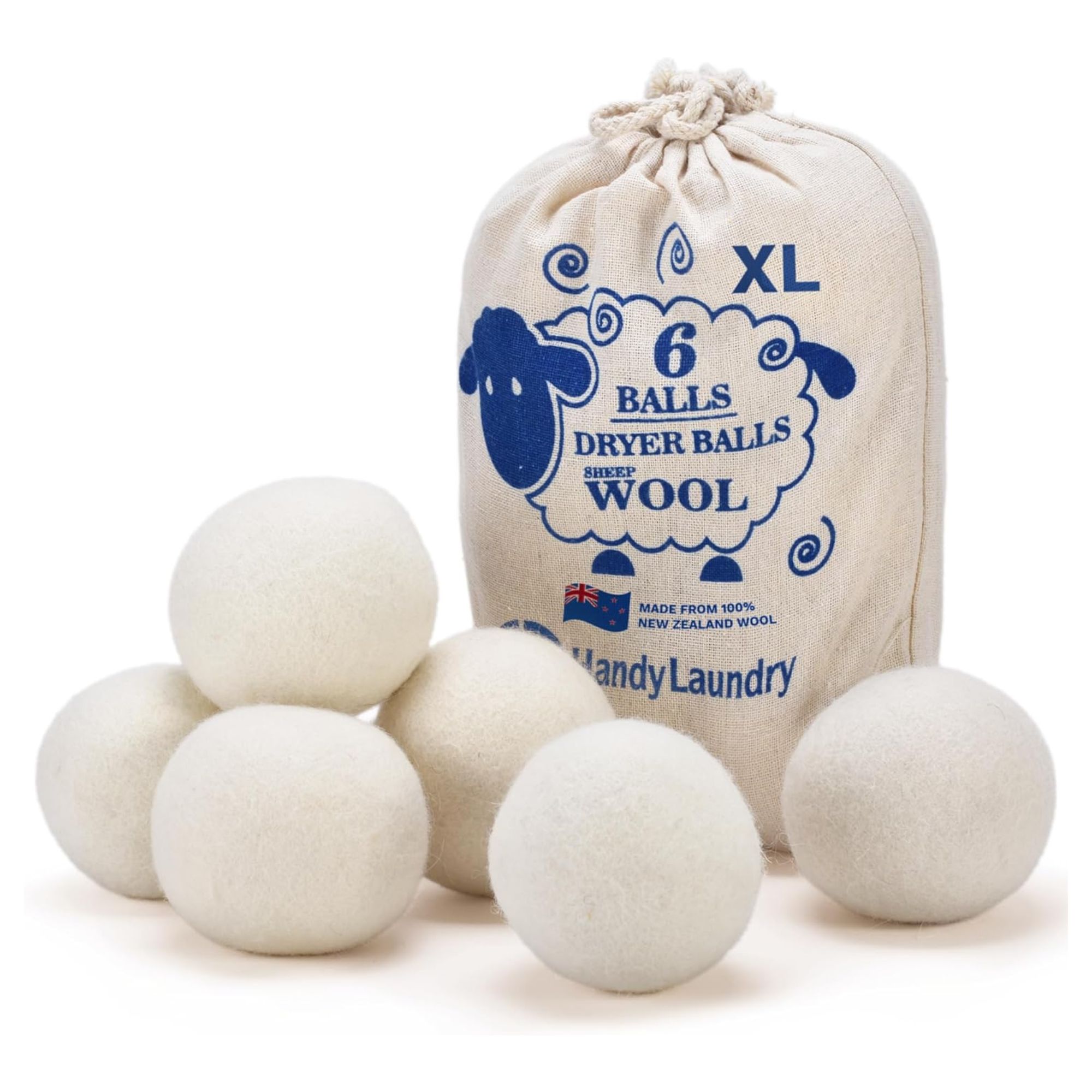
These number one bestselling wool dryer balls speed up drying time and help to cut energy bills, while reducing static cling and wrinkles.
How to Store Bed Linen

Use these smart storage solutions to avoid damaging or losing your favorite bedspreads.
It might be surprising to learn that bed linen is often an afterthought when it comes to considering bedroom storage ideas.
Here's what we suggest:
- Under the bed: Utilize under-bed storage space for your bed linens, and squeeze more in with vacuum-sealed bags, available at Amazon, and containers. This often-underused area can be a great solution, especially for those with limited space. Just slide out the container when you need fresh linens, and you're all set.
- In a linen closet: One of the most efficient places to store bed linens is in a dedicated linen closet. They also offer some useful towel storage space. Importantly, though, you shouldn't store bedding in your closet, as doing so means there will be less space for your clothes, it will be harder to find what you need, and it simply isn't a typically designated spot for bedding items.
- In a bedroom bench or ottoman: A storage ottoman or bench, such as the Arshi Tufted Square Storage Ottoman available at Wayfair, is a great way to add extra seating to a room while also providing storage for bed linen. Have one in the main bedroom and one in the kids' rooms if you want to make changing the bedsheets extra quick and easy, separating the linens for the correct-sized beds.
- In bedroom dresser drawers: If you have an extra dresser in your bedroom, designate a couple of drawers for storing bed linens.
- Displayed on a vintage ladder: Repurposing a vintage wooden ladder into a stunning linen display is a great way to store your linen that is also aesthetically pleasing. By leaning the ladder against the wall and elegantly draping bed linens over its rungs, you not only ensure organized storage but also craft an artistic centerpiece for the room.
For optimal efficiency, you should also group, label, and pay attention to finer details, for instance, always storing your cooling bed sheets separately from those you use in winter.
You can also use laundry bags for seasonal linen, to protect it from dust and humidity when not in use throughout the year, and keep bed linen fresh with cedar and lavender, such as the MYARO Lavender Scented Sachets available at Amazon, which will also help to keep moths out of your closet or storage solution.
The only slight technicality comes with folding and storing those awkward fitted sheets.
To fold fitted sheets:
- Lay the fitted sheet flat on your bed.
- Fold once, from bottom to top.
- Tuck the corners inside each other. You should not have a wide rectangle on the bed.
- Fold into the middle, then into the middle again.
- Then fold twice from the bottom up The result should be a neatly folded sheet.
Then comes storing your bed linen. The best way to do this is using Bed Sheet Organizers, available at Amazon, which keep even the smallest of small linen closets from ending up looking like a jumbled mess.
The boxes are perfectly shaped to stack neatly in your existing storage ideas, rather than tumble over, and you can also use them to store extra pillowcases, towels, and protect special linens from dust.
What to Shop

This small yet powerful dehumidifier is ultra-quiet and portable, with an auto shut-off function to prevent overflowing.
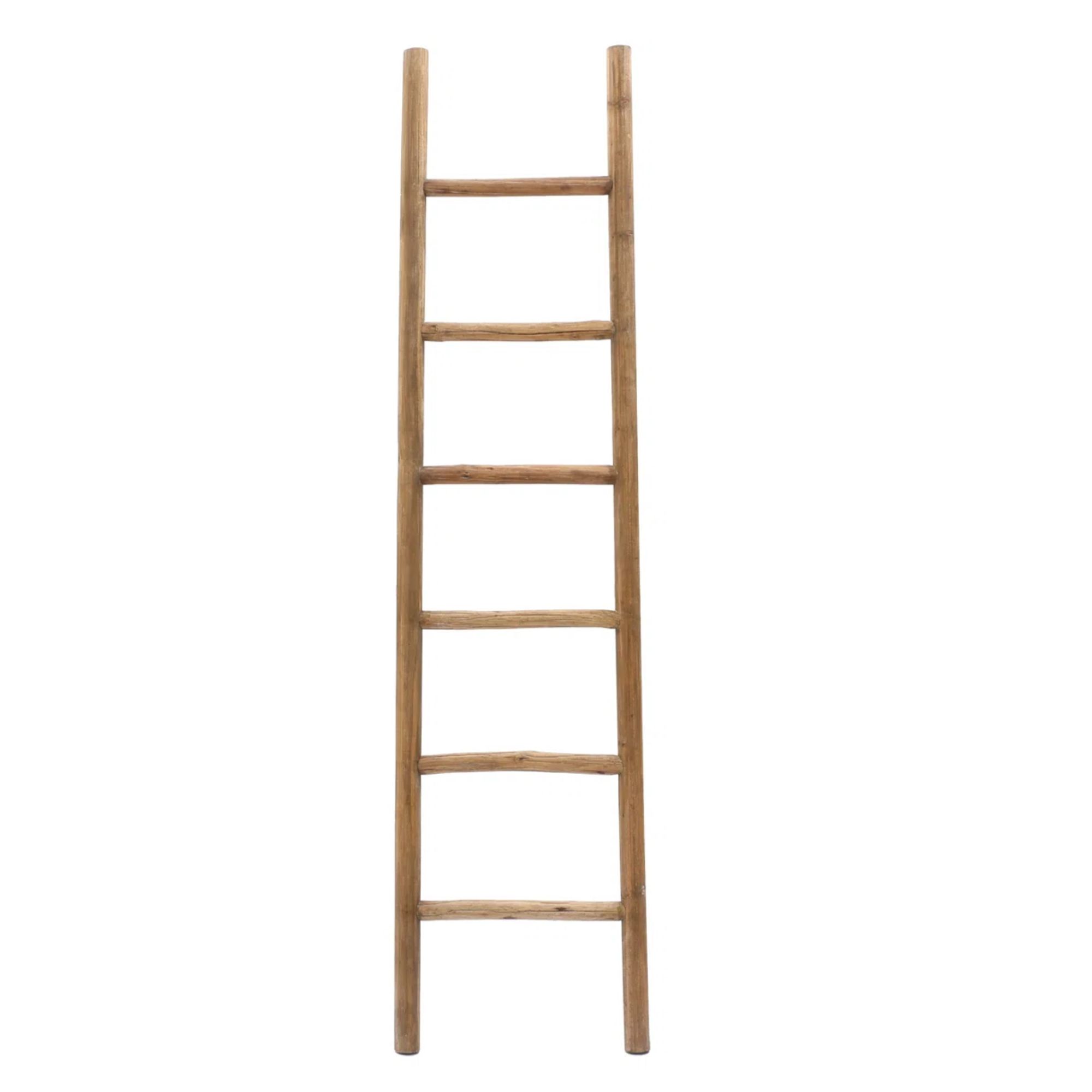
This wooden ladder arrives fully assembled and works well for stylish bed linen storage.
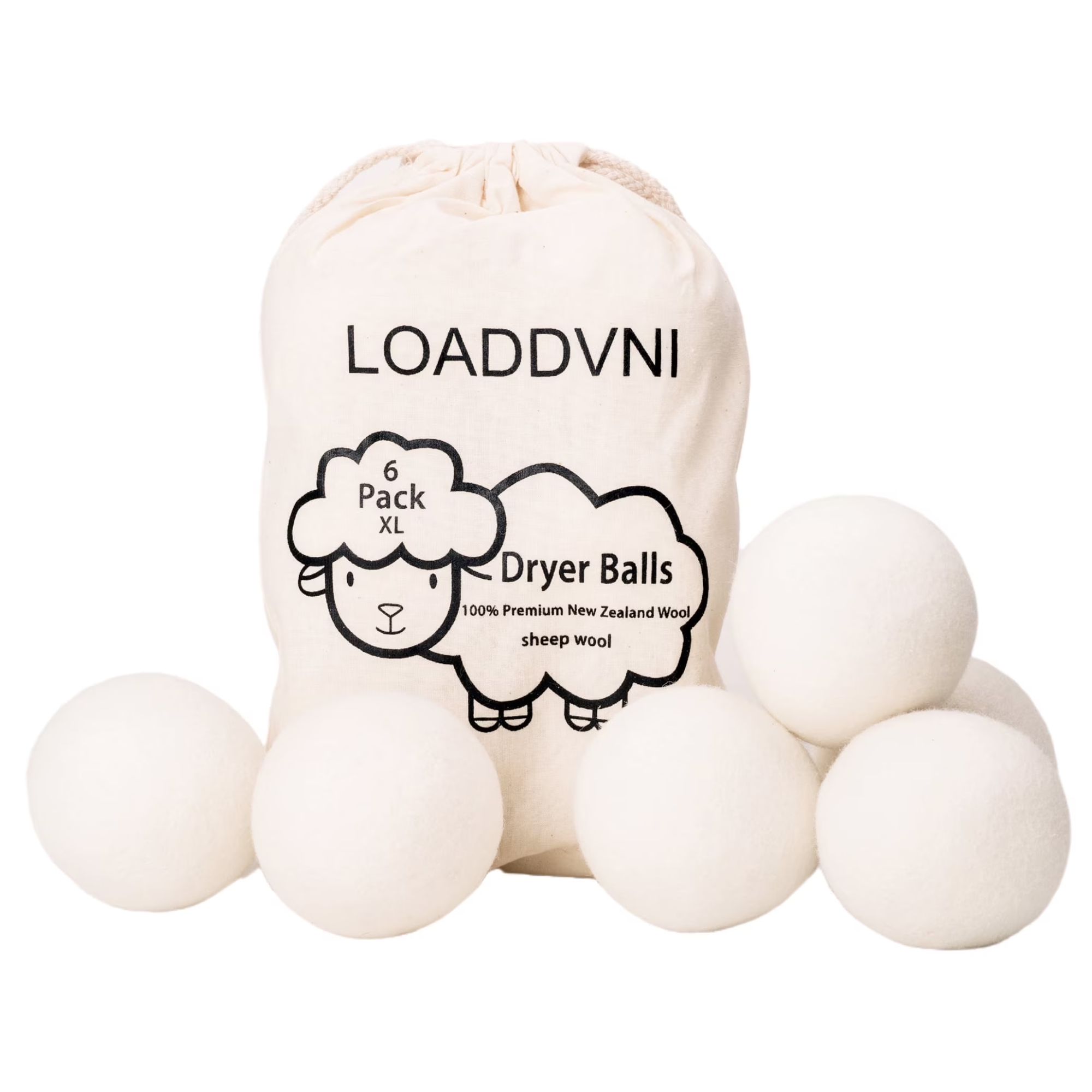
These wool dryer balls are reusable and chemical-free, and work to effectively accelerate drying times.
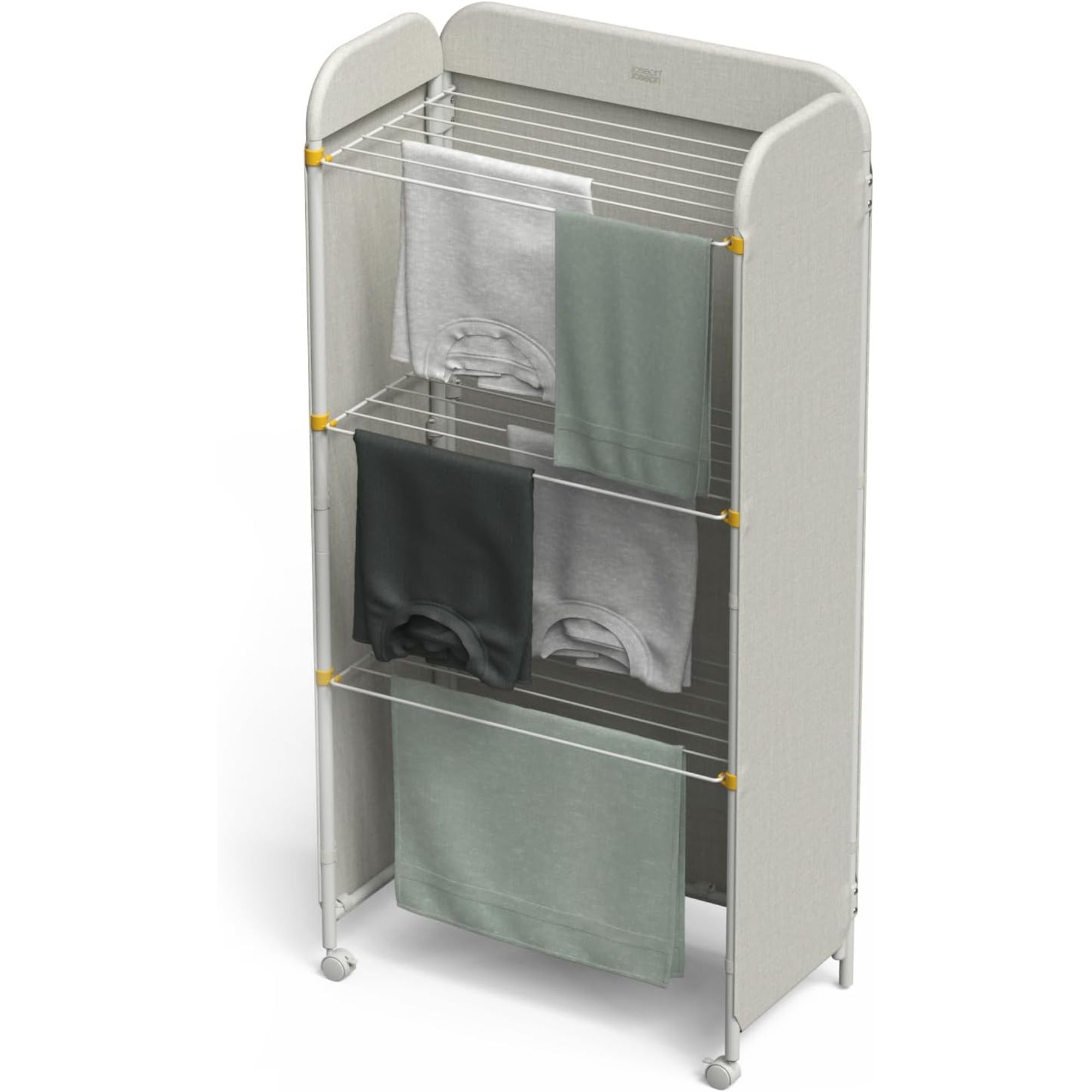
This Joseph Joseph Eclipse indoor clothes airer is perfect for tiny spaces, and allows you to dry your bed linen out of sight.
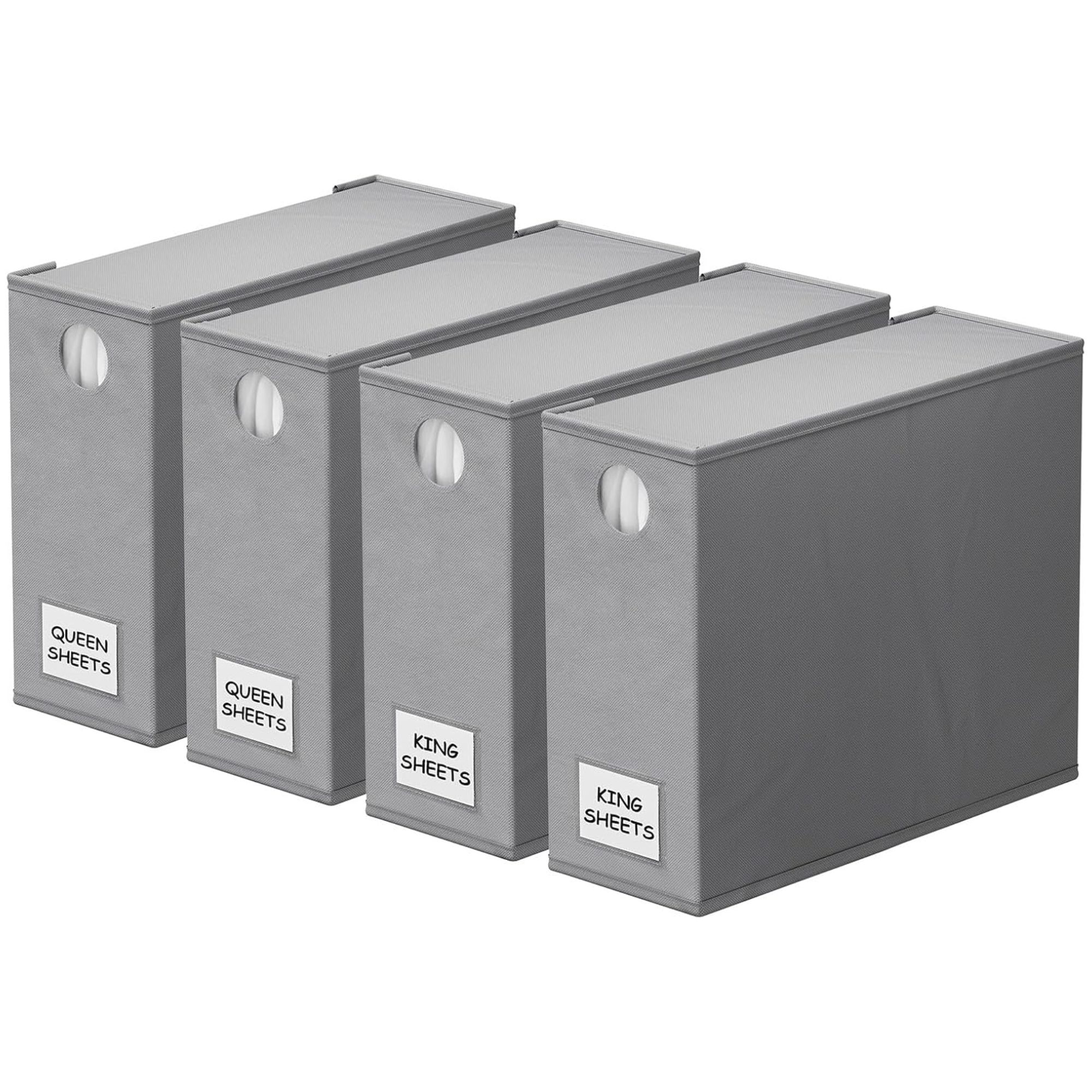
These bed sheet organizers are sturdy and stackable, with handy label cards included.
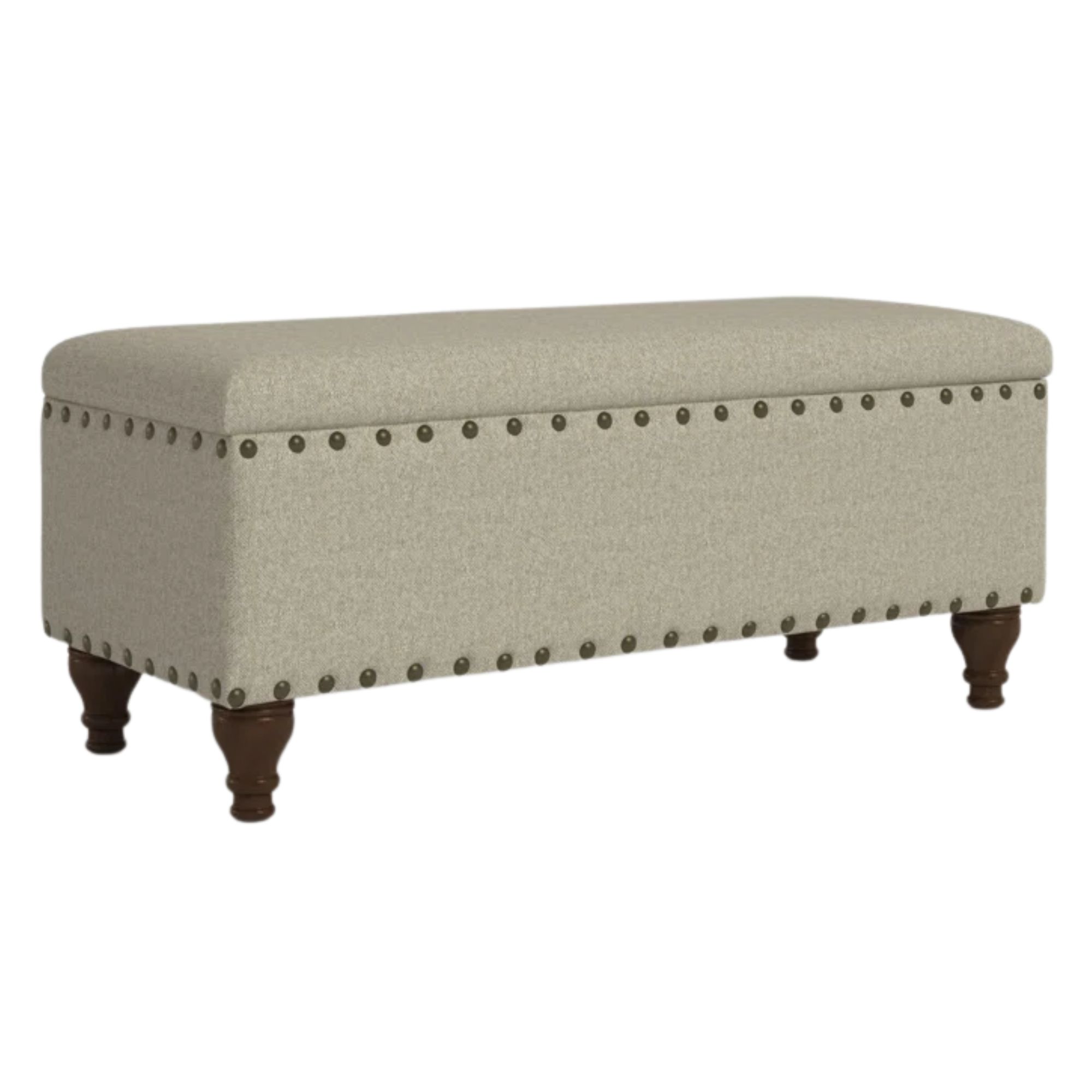
This storage bench can be used for storing spare bed linen, blankets, pillows, cushions, and duvets.
FAQs
Why are my sheets pilling?
If you regularly sleep with the same set of sheets, you may notice that they start to pill. These small friction knots may appear on the surface of your sheets as loose fibers get twisted and torn, leaving your once smooth and silky bedding fuzzy.
Pilling happens when loose fibers from the fabric tangle up and form small, stubborn balls.
As for why these fibers come loose in the first place, friction is the culprit. Every time you toss and turn in the night, you're breaking down the fabric fibers in the sheets, and the same thing happens when you throw your sheets in the washer or dryer.
That being said, cheaper materials tend to be more prone to pilling.
Luckily, pilling can be removed with a fabric shaver, such as the BEAUTURAL Fabric Shaver and Lint Remover available at Amazon, which has almost 100,000 five-star reviews on Amazon for efficiency and ease of use.
Do you need to iron bedsheets?
There's no denying that ironing is a generally unavoidable task, but do you need to iron bed sheets? And is doing so the secret to achieving that crisp, hotel feel?
No, it's not necessary by any means, but it can effectively elevate your space and give it a more polished, luxurious look.
In general, cotton and linen should be ironed with a high heat, whereas a lower setting should be selected for synthetics. Alternatively, you can use a garment steamer, such as the HiLIFE Steamer available at Amazon, instead.
But most wrinkles do ease out after a night's sleep, so it's not always worth your time.
Once you've tackled your bed linen, the next step is washing, drying, and caring for your blankets and throws.

Ottilie joined Homes & Gardens in 2024 as the News Writer on Solved, after finishing a Master's in Magazine Journalism at City, University of London. Now, as the Sleep Editor, she spends her days hunting deals and producing content on all things sleep – from mattresses and sheets to protectors and pillows, all of which she tests in her own home. She also has particular expertise in home fragrance, covering everything from candles to reed diffusers.
Previously, she has written for Livingetc and Motorsport Magazine, and also has a Master's degree in English Literature and History of Art from the University of Edinburgh, where she developed a love for inspiring interiors and architecture.

